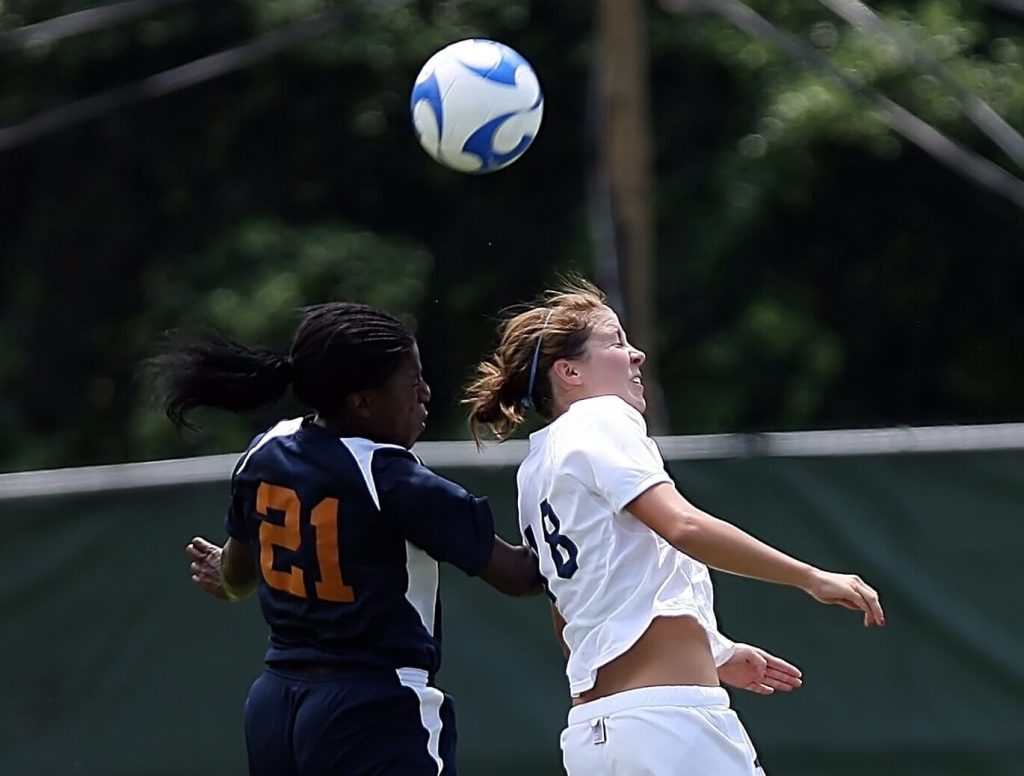Over the last few years, there has been increased scrutiny around the beautiful game and its possible links with serious diseases like Alzheimer’s and Dementia. This has largely been caused by several high-profile ex-players being diagnosed with the illness.
The recent death of World Cup winner and England great Nobby Stiles has fueled the debate once again. There is now mounting pressure on the Player’s Union to provide better support for former players suffering from the illness.
There has been research conducted into the effect that contact sport may have on the brain in later life, but we don’t yet have definitive proof of a tenable link.
What does the latest research show?
In 2019, researchers from the University of Glasgow published a report into the neurological effects of playing football on male former professional players. Their findings were that these players were up to three-and-a-half times more likely to develop conditions such as Alzheimer’s than people from the same demographic who had not played professionally.
This drew huge attention to the issue and prompted headlines that claimed footballers are three times more likely to develop dementia than a non-professional player.
Whilst this is a credible and important study, it is important to remember that no conclusions were drawn as to the cause of the conditions.
Why are Footballers at Risk of Dementia?
The physical nature of playing football means that players suffer blows to the head fairly frequently. Usually, these are insignificant and cause no immediate harm, like when a player heads the ball.
However, it is when a player is repeating these actions day after day, year after year, that questions are raised. This coupled with the occasional head injury results in professional footballers being exposed to head trauma much more regularly than you or I.
The balls that football players use have transformed over the years. The ex-players who are being affected today were heading much heavier and tougher balls than professionals do today. There has been some suggestion that this factor means modern players are less at risk, but this has not been proven.
Are Other Sports at Risk?
There have been questions asked and research carried out into the link between dementia and sport elsewhere too. Rugby and American football (NFL) have also been linked to neurological conditions in later life.
According to some sources, professional rugby players are up to six times more likely to develop these conditions and NFL players are up to four times more likely to develop Alzheimer’s.
What is Being Done to Combat the Risk?
The PFA (Professional Footballers Association) has called for several changes to be made. This includes calling for a reduction in the amount of heading done during training and the creation of a task force set up with the sole purpose of examining the issue of brain injury diseases within the sport.
These steps, along with providing more support to the families of affected former players, are the start of what is sure to be a long list of measures introduced as research into any potential links continue.
It is important to remember that this is a relatively new area of research and as such, new findings are being published all the time. At the moment, the links are theoretical. However, with more time and resources invested, this is very much subject to change.
If you or a loved one are suffering from a neurological condition and require care, Sova Healthcare can deliver a service tailored to your needs. As a leading nationwide care provider, Sova delivers specialist personnel to the elderly and is committed to ensuring the highest of standards are met at all times.
You can contact us to request a brochure today.

